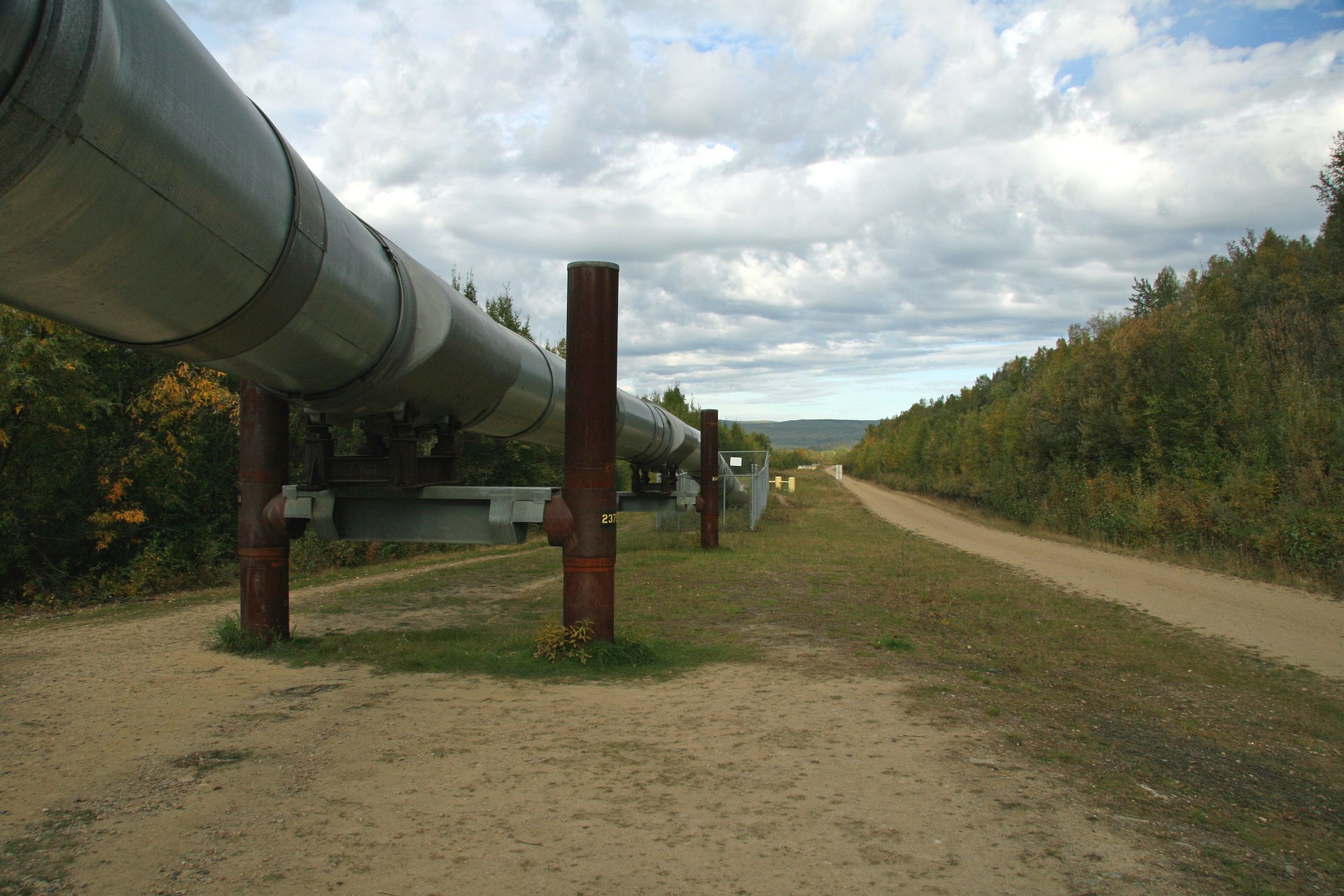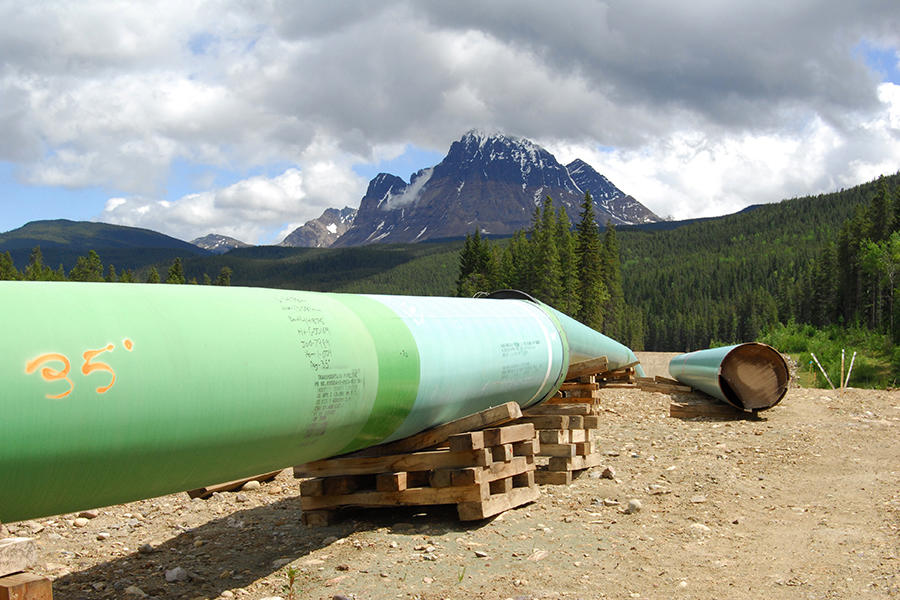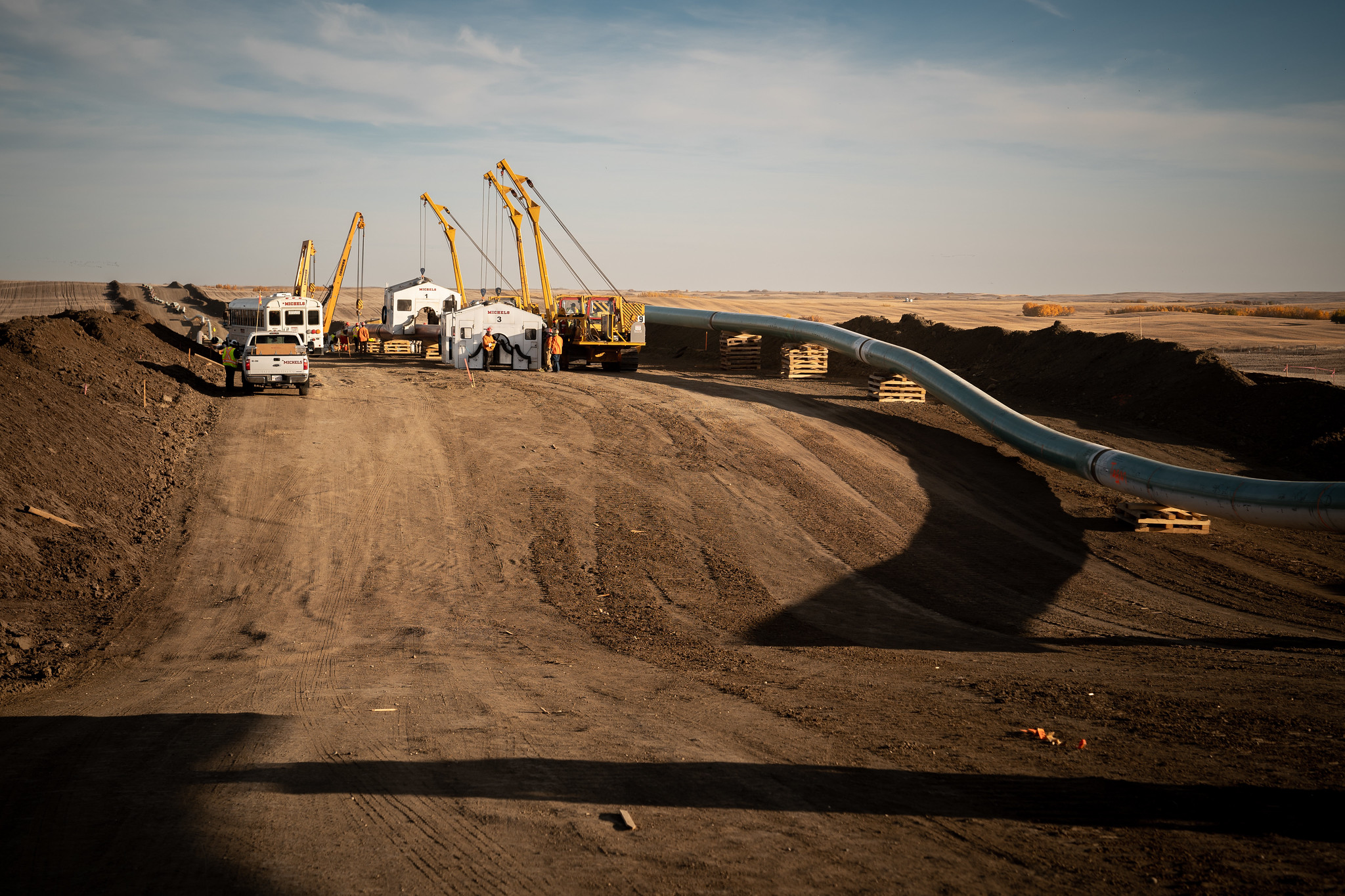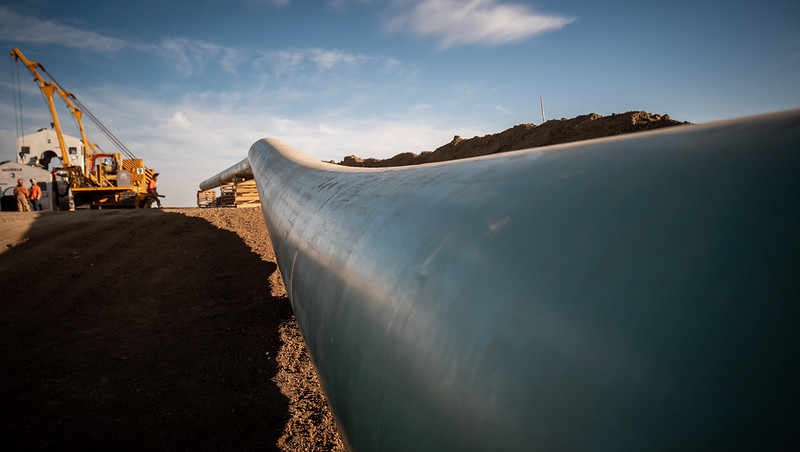
- Sustainable Planet -
- 5mins -
- 139 views
Keystone XL Pipeline project officially dead
Pipeline developer TC Energy has officially confirmed termination of the controversial Keystone XL Pipeline Project after a decade-long battle over climate change.
Developer officially cancels Keystone XL pipeline project blocked by Biden
Reuters — A $9 billion oil pipeline that became a symbol of the rising political clout of climate change advocates and a flash point in U.S.-Canada relations was officially canceled on Wednesday 9 June 2021. Keystone XL, which was proposed in 2008 to bring oil from Canada’s Western tar sands to U.S. refiners, was halted by owner TC Energy Corp after U.S. President Joe Biden this year revoked a key permit needed for a U.S. stretch of the 1,200-mile project.

the project had been at the center of the fight over climate change For nearly its entire history
Canadian pipeline company TC Energy said on Wednesday (9 June 2021) it was formally ending its bid to build the Keystone XL pipeline project, bringing the long-running battle over its construction to an end 13 years after it was first proposed.
For nearly its entire history, the project had been at the center of the fight over climate change, and environmentalists had used it as a rallying cry in their campaign to block major new oil developments.
President Joe Biden revoked the pipeline’s permits on his first day in office, reversing former President Donald Trump’s approval of the line that would have carried 800,000 barrels of oil per day from Alberta, Canada, to refineries on the U.S. Gulf Coast. Trump’s move had undone former President Barack Obama’s 2015 rejection of the pipeline’s permit.
Source: Politico

Biden dealt the final blow to the project by canceling its permit again
"The Company will continue to coordinate with regulators, stakeholders and Indigenous groups to meet its environmental and regulatory commitments and ensure a safe termination of and exit from the Project," the company wrote.
The news was met with jubilation from environmental and indigenous groups who had spent years battling the project over concerns it would worsen the climate crisis and harm the ecosystems and communities along its route.
The defeated pipeline would have extended 1,179 miles and transported 800,000 barrels of oil a day from Canada to the U.S. Gulf Coast, The New York Times explained. It would have ended in Nebraska, but connected to other pipelines that would help the oil complete its journey, as The AP reported.
However, environmental activists have long argued that now was the wrong time to lock in more fossil fuel infrastructure. For them, Wednesday’s victory was a long time coming.
When President Joe Biden took office, he dealt the final blow to the project by canceling its permit again, on his first day. TC Energy had halted construction on the project following Biden’s decision, and finally decided to cancel the project altogether after reviewing its options.
Source: EcoWatch

The next big battle to stop the Line 3 pipeline expansion is already on
Keystone XL may be dead, but the Indigenous-led fight to halt the Line 3 pipeline project is already on, according to Vox. The battle has been heating up since December 2020 when Enbridge, the Canadian multinational responsible for the project, began construction.
If completed, the roughly 340-mile pipeline expansion project will transport 1 million barrels of tar sands oil per day from Alberta across much of northern Minnesota to Superior, Wisconsin.
Enbridge says the project will create thousands of jobs and pump billions of dollars into Minnesota’s economy. The company also told Vox via email that it has done everything required under the law to receive approval for the pipeline and ensure it operates safely.
But Indigenous activists are calling on Biden to cancel Line 3 like he did Keystone XL because they say it poses a significant risk of oil spills that could destroy precious water resources, wetlands, and ancestral lands. According to one report, opening Line 3 will have the equivalent climate impact of bringing 50 new coal plants online.
Now that TC Energy has finally ditched Keystone XL, the pressure is on for President Biden to axe Line 3.
Source: Vox



